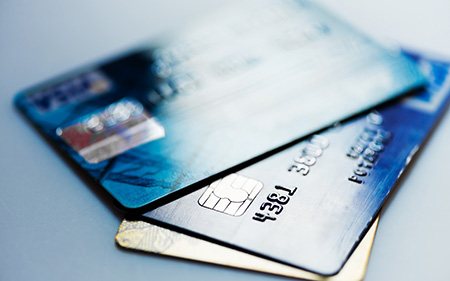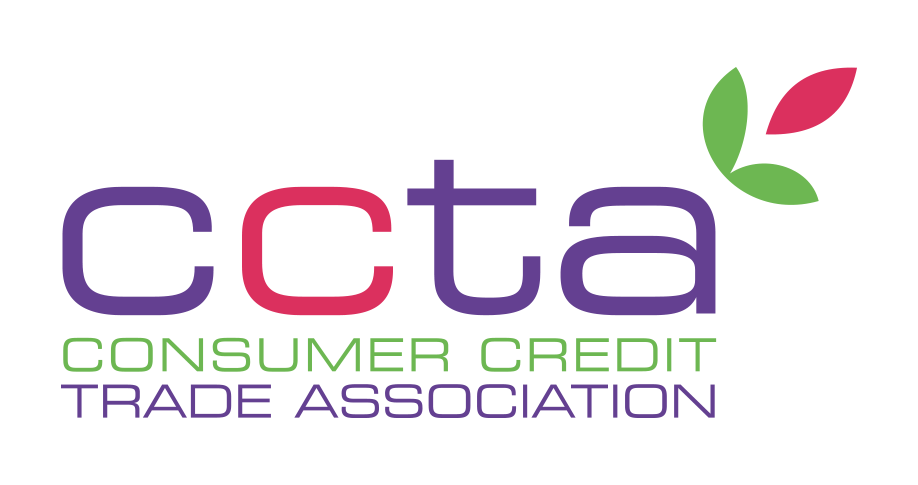Five common credit card mistakes and how to avoid them
When used correctly, credit cards can be one of the cheapest and convenient ways to borrow money. However, it’s easy to slip up and make mistakes which can cost you more money in the long run or negatively impact your credit history. With this in mind, here are some top tips on how to avoid these five common credit card mistakes.

Choosing the wrong type of credit card
If you take out a card which doesn’t suit your needs, you may end up paying back more for your purchases, or alternatively, you may miss out on the great perks which some cards offer. The best credit card deals are only available to those with the best credit scores, so applying for a card that you know you won’t be accepted for will only damage your credit history further.
If you have existing debts and are currently being charged high rates of interest, choosing a 0% balance transfer card and paying off what you owe during the introductory period may be a cheaper solution. For those who need more time to pay back what they borrow, a low rate, long-term card can be a good option, however it can be wise to check if there are any suitable low interest loan deals on the market too. There are often rewards available to those who pay their bill in full each month, including cashback, air miles and membership points, so it’s important to choose a card which offers benefits that suit your lifestyle.
Paying off the bare minimum
In terms of paying off the balance on your credit card, paying the minimum amount each month doesn’t mean getting away scot-free. Why? Because making the smallest payments possible can lead to you paying back more money in the long run. Only paying the minimum amount means you’ll spend longer paying off your overall balance and therefore you can end up racking up more interest as a result.
If you can afford to pay off a little more each month, then do. Even if it’s just a few pounds extra, chipping away at your balance little by little is better than incurring the maximum interest rate charges.
Getting behind on payments
Getting behind on your minimum payments can severely impact your credit score. Not paying on time or missing payments entirely could mean that your provider takes away the benefits of your 0% deal. Delayed payments are also likely to affect your eligibility to borrow money in the future. You may also incur missed payment fees on top of what you already owe.
Set up reminders to ensure you pay off your balance on time, and remember to also factor in a few days for processing. Some banks now offer you the option to set up a direct debit to cover the cost of your credit balance each month, which is a great feature for enabling you to stay on top of your monthly payments. If you’re struggling to make your minimum payments on time, simply ignoring the issue won’t make it go away. Speak to your lender and they may be able to negotiate a more manageable payment plan for you.
Using your credit card overseas
If your credit card isn’t suitable for use abroad, then you may be hit with hidden charges if you need to use it on holiday. Credit card providers have the potential to make thousands of pounds from holidaymakers each year if they use the wrong card abroad. Providers will normally add a ‘load’ charge on top of the exchange rate, often around 3%. They will also charge an additional 2.5% fee for cash withdrawals and will sometimes also include an additional fee on top of this for any transactions.
Choosing a specialist overseas credit card means that you won’t be penalised for spending whilst you’re away. You’ll also have added protection in case anything goes wrong, and you’ll be able to claim back any costs from the retailer or credit card company once you arrive back home. However, when you use your card abroad, it’s important to remember to always opt to pay in the local currency to avoid being stung by poor exchange rates.
Closing your credit account
Once you’ve paid off your credit card and no longer have a need for it, it may seem logical to close the account and cut up your card. However, cancelling your credit card may in fact do more harm than good. If you’ve had your credit card account for a long time, and your sensible use of the card has helped to build up a positive credit history, closing the account may negatively impact your credit score, as lenders prefer to see that you have a long and stable history of repaying credit.
Keeping your credit account active also means you’ll have access to funds in an emergency, and you’ll be protected if the company you’re buying from goes bankrupt or can’t deliver the goods. What’s more, if you’re good at staying on top of repayments and earn additional rewards through your credit card account, then you’ll also have to decide whether they’re worth losing out on.

